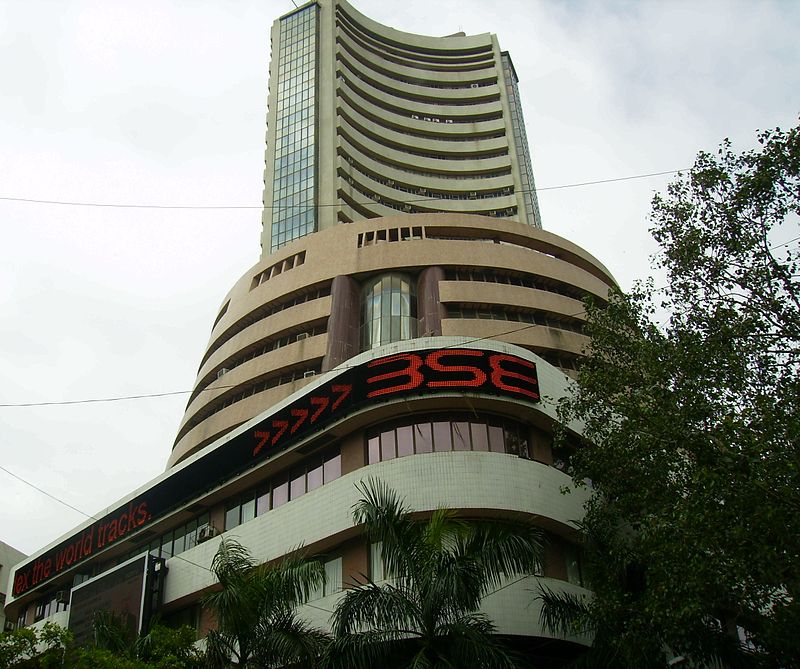New Delhi– Manufacturing conditions in India improved for the second consecutive month in February with the rise of new orders, exports, output and purchasing activity, key macro-economic data showed on Tuesday.
In February, the Nikkei India Manufacturing Purchasing Managers’ Index (PMI) – a composite single figure indicator of manufacturing performance – remained unchanged from January at 51.1. An index reading of above 50 indicates an overall increase in the economic activity, and below 50, an overall decrease.
“The Indian manufacturing economy edged further in the right direction during February, eking out modest gains in new orders and output,” said Pollyanna De Lima, economist at Markit, which compiles the survey.
Despite faster expansion in new business and growth of new work with Indian manufacturers’ production volumes rising in the month under review, the rate of expansion was marginal.
Though February saw a loss in growth momentum, underlying demand improved along with new business from overseas.
According to the index, weaker rise in costs lead to the first reduction of selling prices in February since September 2015.
For the first time in five months, Indian manufacturers’ reduced average selling prices lead by softer increase in input costs and on efforts to get new work. However, the rate of discounting was only marginal.
According to the sub-sector data, consumer goods emerged as the best performing category where output growth rates and new orders outperformed intermediate goods firms.
“Concurrently, the investment goods industry saw a deterioration in business conditions, with output and new orders remaining in contraction territory,” said the index.
Though input costs rose for the fifth month at a stretch in February, it happened at a weaker rate.
The gains made by low oil prices were offset by higher prices paid for imported raw materials like metals along with the effect of rupee depreciation against the US dollar.
“Goods producers continue to benefit from lower crude oil prices in global markets, which put a brake on inflationary pressures. In light of these numbers, the RBI has scope to loosen monetary policy to spur the economy,” De Lima said.
In February, employment across Indian manufacturing sector was broadly unchanged with anecdotal evidence indicating that companies avoided hiring due to cost consciousness and relatively soft demand conditions.
For the second successive month, manufacturers’ buying levels increased, but at a weaker pace along with input stocks while finished goods declined for the eighth month at a stretch.
Delayed client payments resulted in work backlogs accumulation in February.






